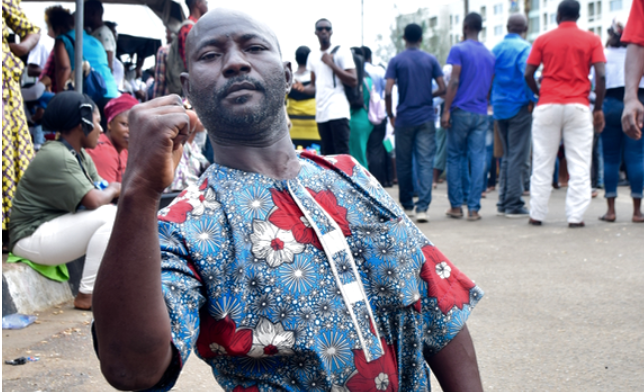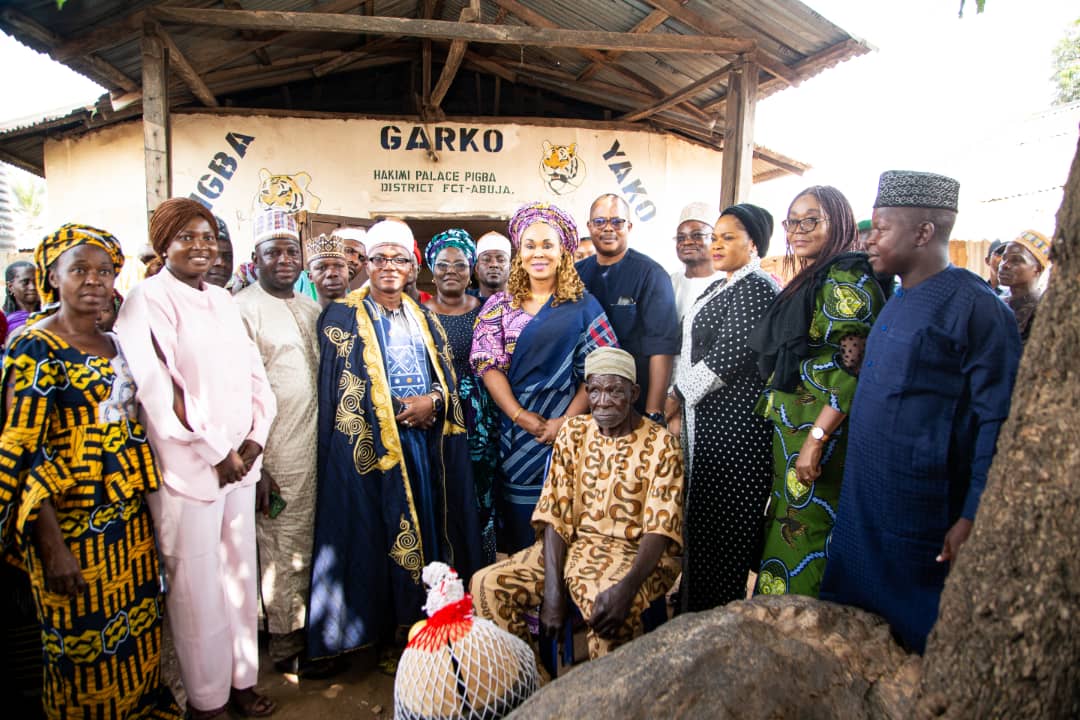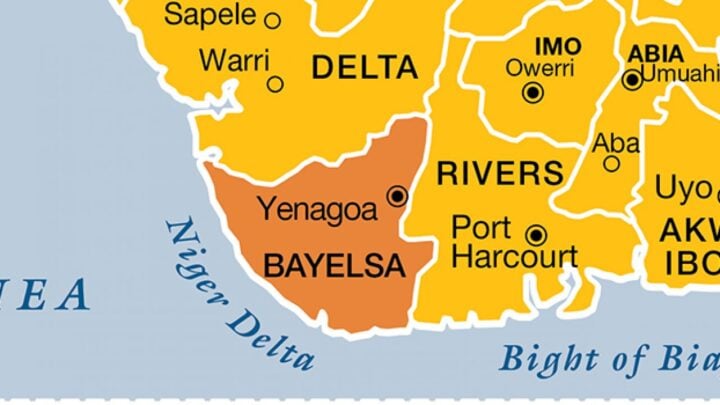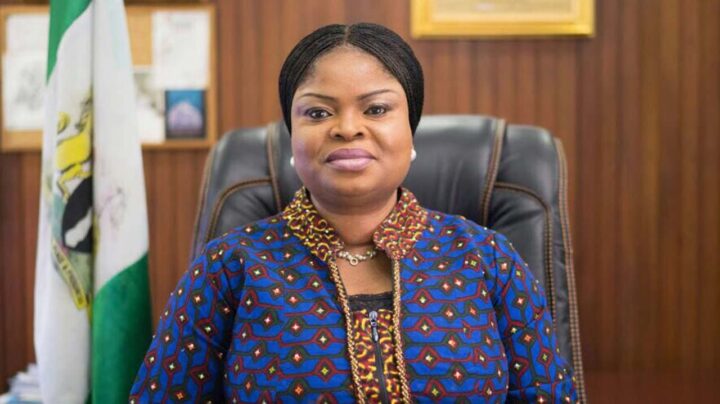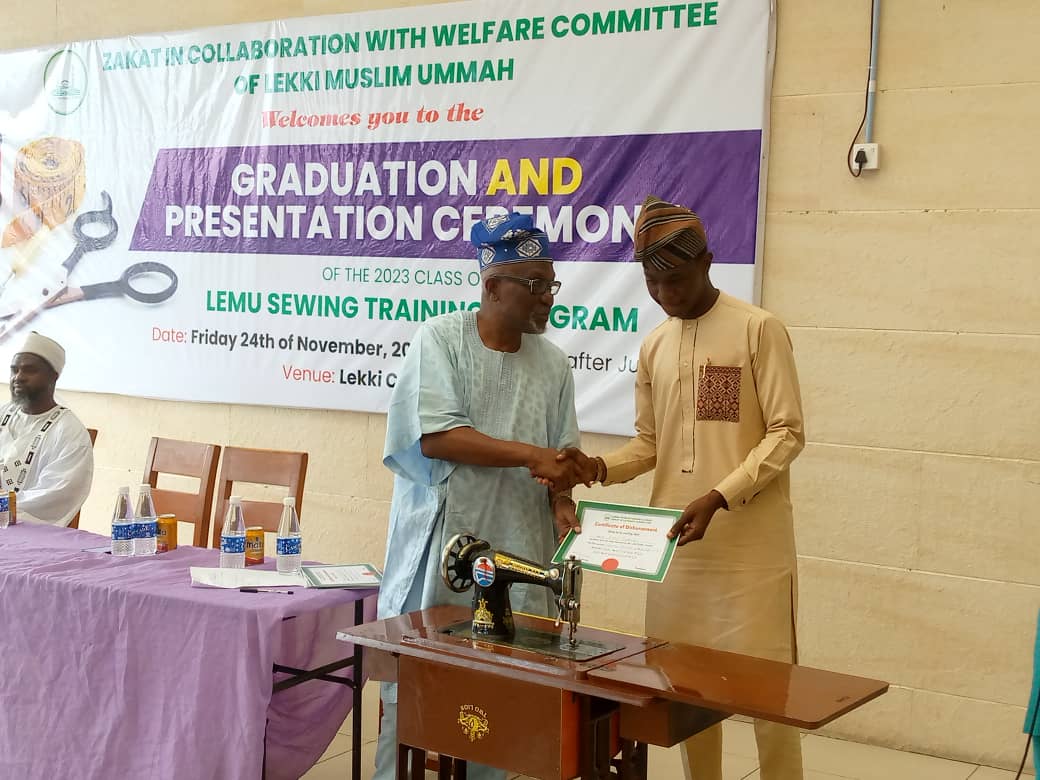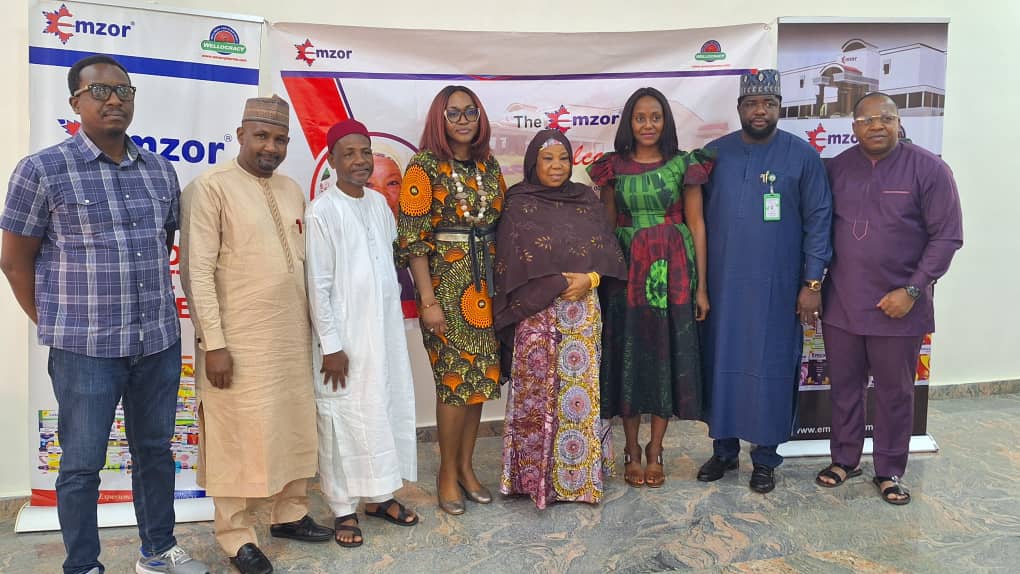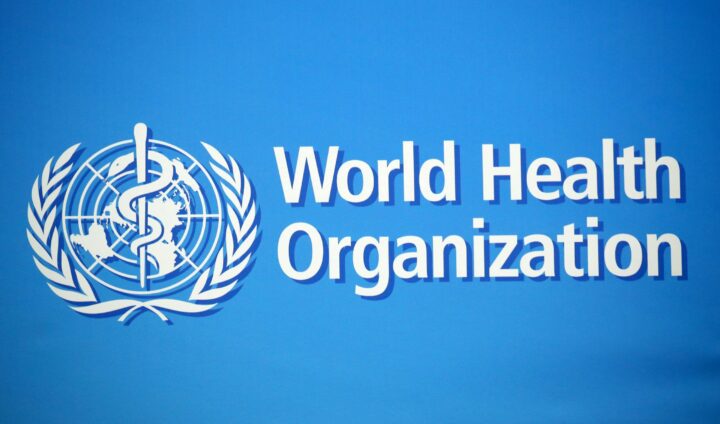Despite their conditions, struggles, and a plethora of problems they are still contending with, such as poor government attention, discriminatory and discouraging public attitudes, an inaccessible environment, and inadequate assistive technology devices, people with disabilities (PWDs) in Nigeria considered 2023 tough.
The removal of the petrol subsidy and the high cost of living did not help matters either. Yet, the PWD community still succeeded in making some substantial progress in the year.
If the previous attention given to them in the past was sustained, more successes could have been recorded.
PROGRESS MADE BY THE PWD COMMUNITY IN 2023
Advertisement
What can be regarded as key achievements of the community in 2023 were: an increase in the number of PWDs employed by the private sector; appointments at state and federal levels; the passing and signing of the Disability Act into law by states (domestication of the Act); and the signing of the instrument of ratification of the African Union (AU) charter on the rights of PWDs by President Bola Tinubu.
The charter was adopted by the 30th ordinary session of the assembly, held in Addis Ababa, Ethiopia in January 29, 2018.
The president, in signing the instrument of ratification, said: “The Federal Republic of Nigeria accepts the protocol and undertakes to faithfully perform and carry out the stipulations therein contained.”
Advertisement
“In witness whereof, I, President Bola Ahmed Tinubu, have set my hand and seal of the Federal Republic of Nigeria on this instrument of ratification at Abuja on this 19th day of October in the Year Two Thousand and Twenty-Three.”
The AU charter states that PWDs shall have rights to equality, non-discrimination, and equal recognition before the law, among other benefits.
According to Tolu Bankole, the All Progressives Congress (APC) national leader of PWDs, “the signing of the instrument of ratification implies that PWDs can now demand equal opportunities, not charity, from governments at all levels.”
For Tony Ojukwu, executive secretary of the National Human Rights Commission (NHRC), the acceptance of the protocol means “Nigeria’s commitment to promoting inclusivity, accessibility, and the full realisation of the rights of persons with disabilities.”
Advertisement
The signing of the disability law has led to the establishment of disability commissions or agencies by some state governments. As of 2022, some of the states that passed the Act into law were Lagos, Kogi, Kwara, Nasarawa, Niger, Plateau, Bauchi, Jigawa, Kaduna, Kano, Sokoto, Zamfara, Abia, Anambra, Cross River, Edo, Ekiti, Ondo, Oyo, and Enugu.
The protests and advocacy for the inclusion of PWDs in government have also yielded positive results. One of the results is the appointment of some PWDs to public positions.
Some of those appointed were: David Anyaele (PWD living with amputation), special assistant to Alex Otti, governor of Abia state on disability; Mohammed Isa (wheelchair user), senior special assistant (SSA) to President Tinubu on disability matters; Peter Ayanwale (visually impaired), permanent secretary, Kwara state; Abdullahi Kayode (wheelchair user), permanent secretary, Kwara state; and Ayodele Adekanmbi (visually impaired), director-general (DG), Oyo State Agency for People Living With Disabilities.
Advertisement
Add a comment
